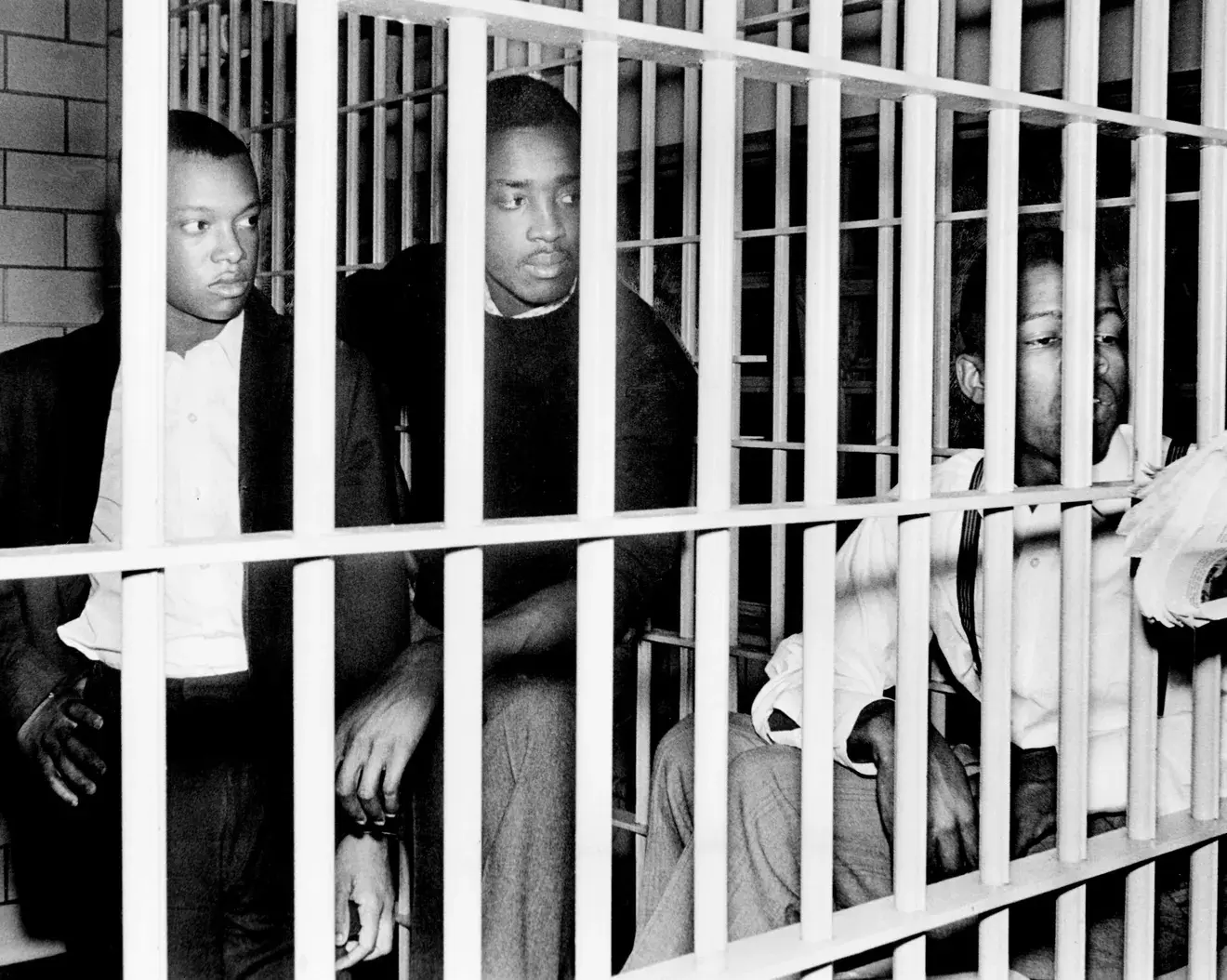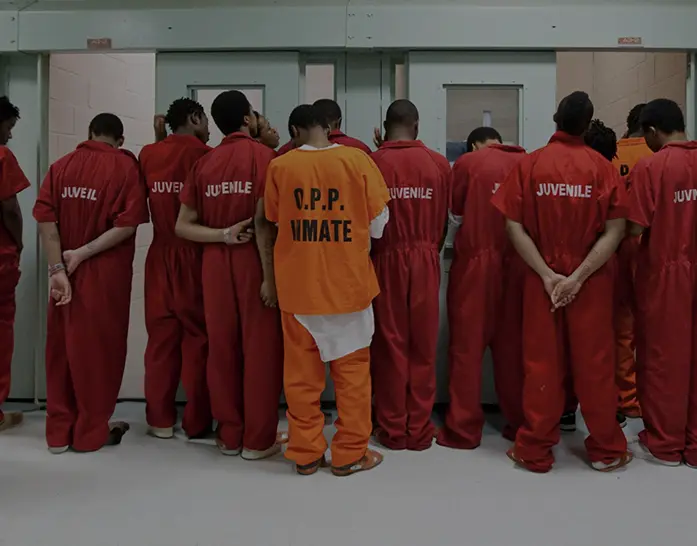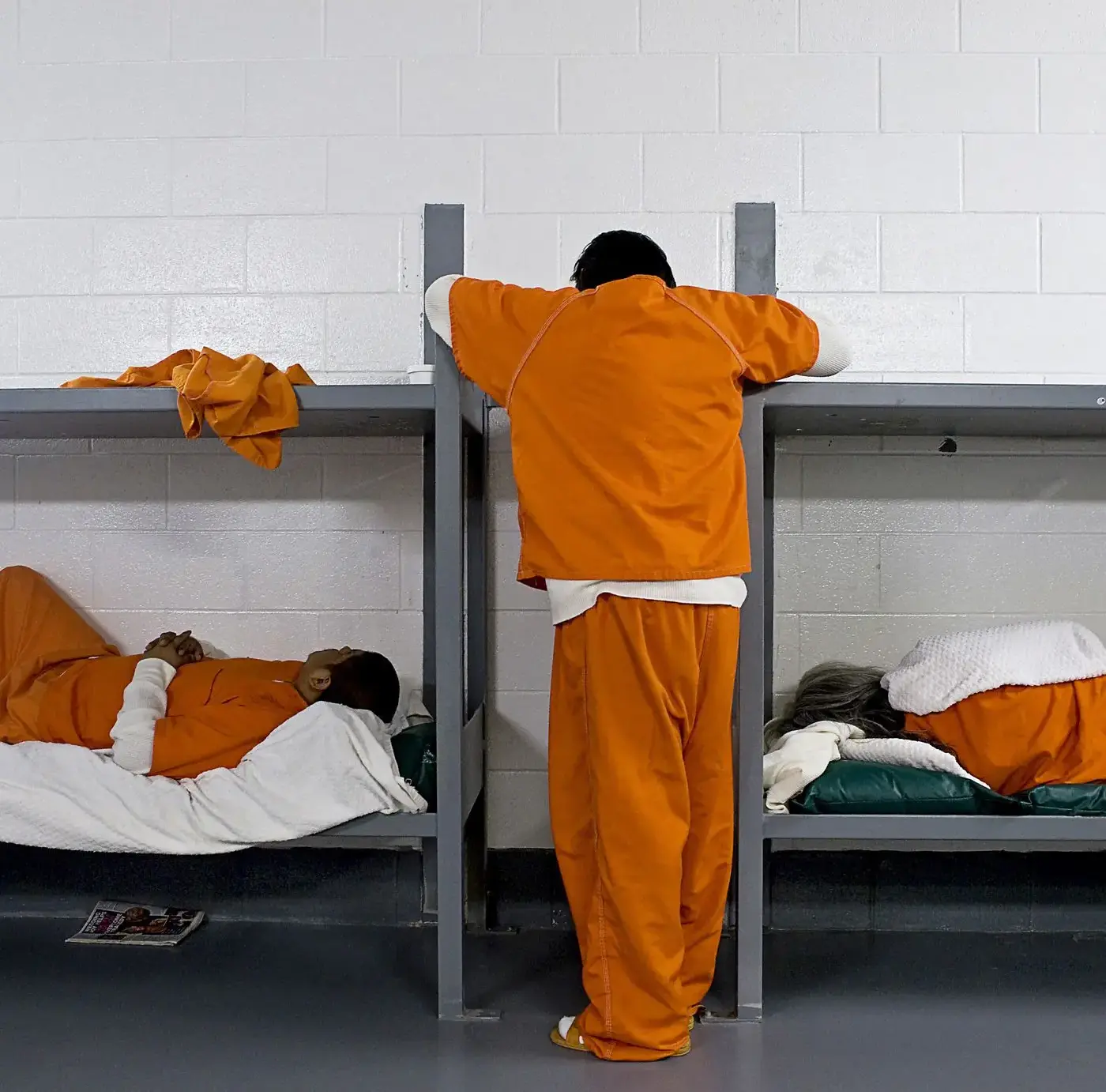Civil rights law firm Massachusetts
Civil Rights Litigation
We litigate civil rights claims against government entities, employers, and institutions.
700%
$182B
2.7M
21,000+

Mass incarceration does not make us safer or deliver true justice. Its consequences are stark: nearly 10 million Americans, including millions of children, have a family member incarcerated. Additionally, over 5 million people are disenfranchised due to past convictions. This system also impacts our economy, with an annual GDP loss estimated between $78 and $87 billion.
Our firm advocates for justice and compensation for victims of civil rights abuses.
Overview

Justice for Wrongful Convictions
The revelations surrounding the malpractices of state chemists, Sonja Farak and Annie Dookhan, as detailed in the Netflix documentary How to Fix a Drug Scandal, have profoundly shaken the Massachusetts justice system. The misconduct of these individuals, ranging from drug theft and use to falsifying thousands of test results, brought into question the integrity of over 40,000 drug cases. Such a significant breach highlights not just the actions of two individuals but exposes serious systemic failures at the state level. Those wrongfully convicted are entitled to seek legal remedies, including possible compensation.

Your Civil Rights
The United States is recognized globally for its strong commitment to civil rights, yet violations remain alarmingly common.
U.S. residents are entitled to:
- Protection from discrimination as a member of a protected class under laws such as Title VII, the ADA, and the Fair Housing Act.
- The freedoms of speech, religion, and assembly under the First Amendment.
- Procedural due process under the Fifth and Fourteenth Amendments.
- The right to petition the government for grievances.
Civil rights violations may include workplace discrimination, wrongful termination, or retaliation against whistleblowers under statutes like the False Claims Act. Other examples include disability rights violations, sexual harassment or assault, police misconduct, excessive force, unlawful searches or seizures, cruel and unusual punishment, housing discrimination, retaliatory evictions, labor law violations, hate crimes, human trafficking, and inequities in education or public accommodations.

Lawyers' Role
- Discrimination and Harassment: Address employment discrimination, sexual harassment, and workplace retaliation cases, seeking fair compensation.
- Police Misconduct: Provide legal support in cases involving excessive force, racial profiling, unlawful searches, and other civil rights violations by law enforcement.
- Unlawful Arrests: Challenge detentions or arrests made without probable cause or legal justification.
- Wrongful Termination: Pursue remedies for terminations that violate anti-discrimination or retaliation laws.
- Settlement and Trial: Work toward fair settlements and prepare cases for trial to promote accountability.




